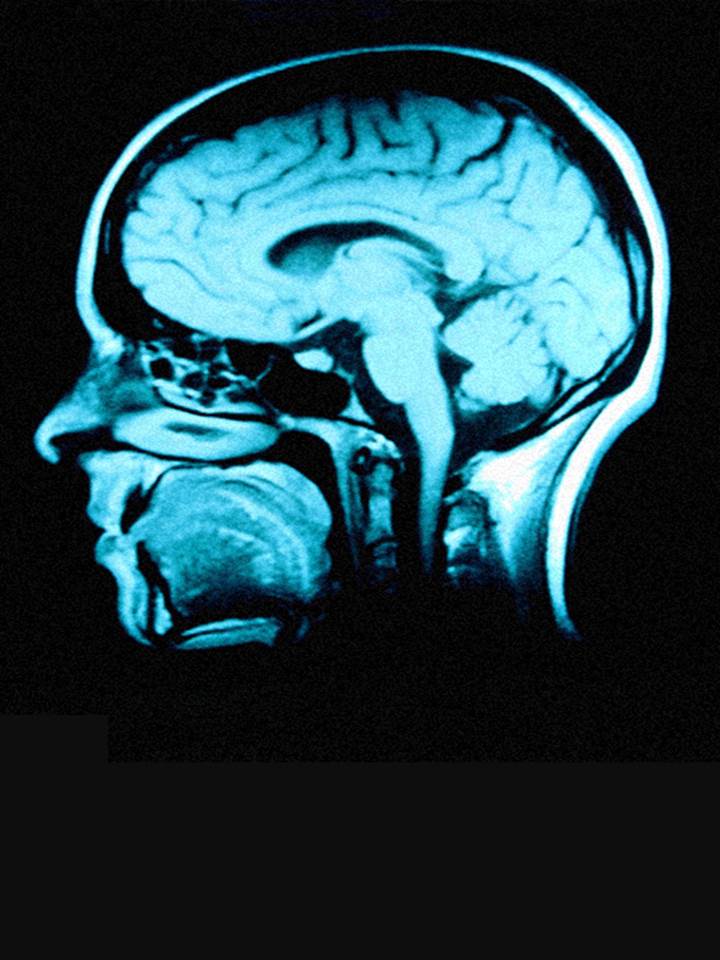Archive for the ‘Death’ tag: Page 2
Jan 25, 2018
Bioquark Inc. — Best Damn Podcast — Ira Pastor
Posted by Ira S. Pastor in categories: aging, bioengineering, business, cosmology, cryonics, DNA, futurism, genetics, health, life extension
Jan 23, 2018
Bioquark Inc. — Staying Alive UK Show — Ira S. Pastor
Posted by Ira S. Pastor in categories: aging, bioengineering, biotech/medical, business, disruptive technology, DNA, futurism, genetics, health, neuroscience
Jan 22, 2018
Bioquark Inc. — The Richard Syrett Show — Ira Pastor — Bioregeneration
Posted by Ira S. Pastor in categories: aging, bioengineering, biotech/medical, bitcoin, cosmology, cryonics, disruptive technology, DNA, futurism, health

Jan 22, 2018
Bioquark Inc. — HVMN Enhancement Podcast — Ira Pastor
Posted by Ira S. Pastor in categories: aging, bioengineering, biotech/medical, disruptive technology, DNA, futurism, genetics, health, innovation, life extension

Dec 15, 2017
Bioquark Inc. — Ira Pastor — Life After Death Society Podcast
Posted by Ira S. Pastor in categories: aging, bioengineering, biological, cosmology, cryonics, disruptive technology, DNA, futurism, genetics, health
Jul 5, 2017
Revita Life Sciences Continues to Advance Multi-Modality Protocol in Attempt to Revive Brain Dead Subjects
Posted by Ira S. Pastor in categories: bioengineering, biotech/medical, cryonics, futurism, genetics, health, life extension, neuroscience, posthumanism
Rudrapur, Uttrakhand, India — July 02, 2017
Revita Life Sciences, (http://revitalife.co.in) a biotechnology company focused on translational regenerative therapeutic applications, has announced that it is continuing to advance their novel, multi-modality clinical intervention in the state of brain death in humans.

“We have proactively continued to advance our multi-modality protocol, as an extended treatment before extubation, in an attempt to reverse the state of brain death” said Mr.Pranjal Agrawal, CEO Revita Life Sciences. “This treatment approach has yielded some very encouraging initial outcome signs, ranging from minor observations on blood pressure changes with response to painful stimuli, to eye opening and finger movements, with corresponding transient to permanent reversal changes in EEG patterns.”
Feb 11, 2017
Value Conflicts surrounding the Meaning of Life in the Trans/Post/Human Future
Posted by Steve Fuller in categories: biological, cryonics, cyborgs, economics, environmental, ethics, futurism, governance, health, homo sapiens, law, mobile phones, policy, posthumanism, security, theory, transhumanism
Posthumanists and perhaps especially transhumanists tend to downplay the value conflicts that are likely to emerge in the wake of a rapidly changing technoscientific landscape. What follows are six questions and scenarios that are designed to focus thinking by drawing together several tendencies that are not normally related to each other but which nevertheless provide the basis for future value conflicts.
- Will ecological thinking eventuate in an instrumentalization of life? Generally speaking, biology – especially when a nervous system is involved — is more energy efficient when it comes to storing, accessing and processing information than even the best silicon-based computers. While we still don’t quite know why this is the case, we are nevertheless acquiring greater powers of ‘informing’ biological processes through strategic interventions, ranging from correcting ‘genetic errors’ to growing purpose-made organs, including neurons, from stem-cells. In that case, might we not ‘grow’ some organs to function in largely the same capacity as silicon-based computers – especially if it helps to reduce the overall burden that human activity places on the planet? (E.g. the brains in the vats in the film The Minority Report which engage in the precognition of crime.) In other words, this new ‘instrumentalization of life’ may be the most environmentally friendly way to prolong our own survival. But is this a good enough reason? Would these specially created organic thought-beings require legal protection or even rights? The environmental movement has been, generally speaking, against the multiplication of artificial life forms (e.g. the controversies surrounding genetically modified organisms), but in this scenario these life forms would potentially provide a means to achieve ecologically friendly goals.
- Will concerns for social justice force us to enhance animals? We are becoming more capable of recognizing and decoding animal thoughts and feelings, a fact which has helped to bolster those concerned with animal welfare, not to mention ‘animal rights’. At the same time, we are also developing prosthetic devices (of the sort already worn by Steven Hawking) which can enhance the powers of disabled humans so their thoughts and feelings are can be communicated to a wider audience and hence enable them to participate in society more effectively. Might we not wish to apply similar prosthetics to animals – and perhaps even ourselves — in order to facilitate the transaction of thoughts and feelings between humans and animals? This proposal might aim ultimately to secure some mutually agreeable ‘social contract’, whereby animals are incorporated more explicitly in the human life-world — not as merely wards but as something closer to citizens. (See, e.g., Donaldson and Kymlicka’s Zoopolis.) However, would this set of policy initiatives constitute a violation of the animals’ species integrity and simply be a more insidious form of human domination?
Continue reading “Value Conflicts surrounding the Meaning of Life in the Trans/Post/Human Future” »
Tags: animals, children, Death, energy, longevity, meaning of life, Neuroscience, politics, poverty, values
May 13, 2016
Bringing The Dead Back To Life — Reanima Project / Bioquark Inc. Media Coverage
Posted by Ira S. Pastor in categories: aging, bioengineering, biological, cryonics, disruptive technology, futurism, health, life extension, neuroscience, transhumanism
Fox 29 — Good Day Philadelphia
http://www.fox29.com/140735577-video
NBC TV 10
Continue reading “Bringing The Dead Back To Life — Reanima Project / Bioquark Inc. Media Coverage” »
Tags: aging, Alzheimer's, biotech, biotechnology, Brain, brain death, brain research, cancer, coma, connectome, cryonics, Cryopreservation, Death, future, futurism, Immortal Life, immortalism, immortality, longevity, Medical Technology, Neuroscience, philosophy of mind, rejuvenation, research, resurrection, singularity, technology, transhuman, transhumanism
Apr 20, 2016
Bioquark Inc. and Revita Life Sciences Receive IRB Approval for First-In-Human Brain Death Study
Posted by Ira S. Pastor in categories: aging, bioengineering, biological, biotech/medical, cryonics, disruptive technology, futurism, health, life extension, neuroscience
Bioquark, Inc., (http://www.bioquark.com) a company focused on the development of novel biologics for complex regeneration and disease reversion, and Revita Life Sciences, (http://revitalife.co.in) a biotechnology company focused on translational therapeutic applications of autologous stem cells, have announced that they have received IRB approval for a study focusing on a novel combinatorial approach to clinical intervention in the state of brain death in humans.
This first trial, within the portfolio of Bioquark’s Reanima Project (http://www.reanima.tech) is entitled “Non-randomized, Open-labeled, Interventional, Single Group, Proof of Concept Study With Multi-modality Approach in Cases of Brain Death Due to Traumatic Brain Injury Having Diffuse Axonal Injury” (https://clinicaltrials.gov/ct2/show/NCT02742857?term=bioquark&rank=1), will enroll an initial 20 subjects, and be conducted at Anupam Hospital in Rudrapur, Uttarakhand India.
Tags: aging, anti-aging, biological, biotech, biotechnology, brain death, cryonics, Death, evolution of brain, future, God, humanity, Immortal Life, immortality, Life extension, longevity, Neural Stem Cells, Neurology, neuropharmacology, Neuroregeneration, Neuroscience, posthumanism, Radical Life Extension, reanimation, rejuvenation, Religion, research, resurrection, singularity, technology, transhumanism













